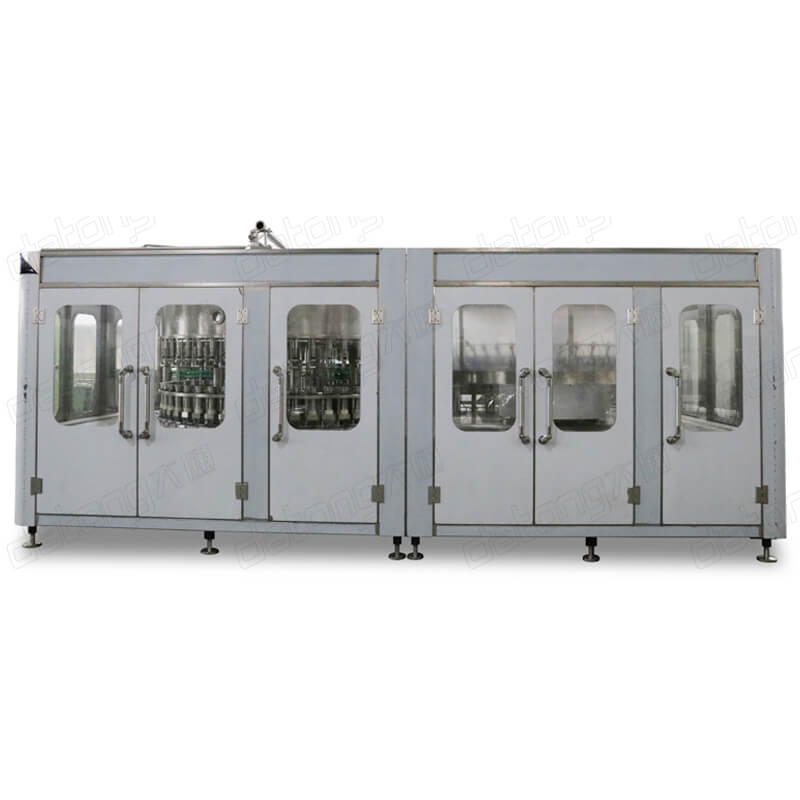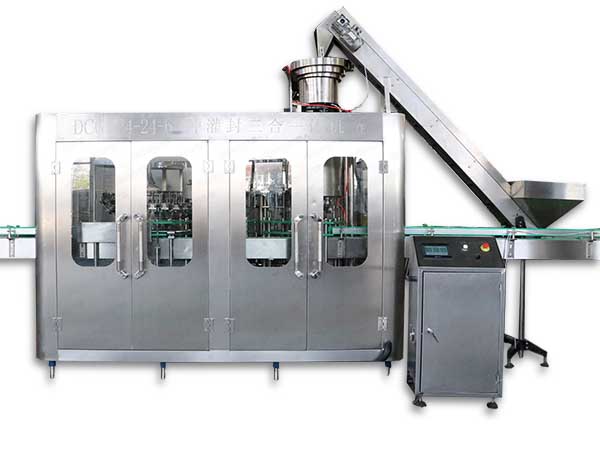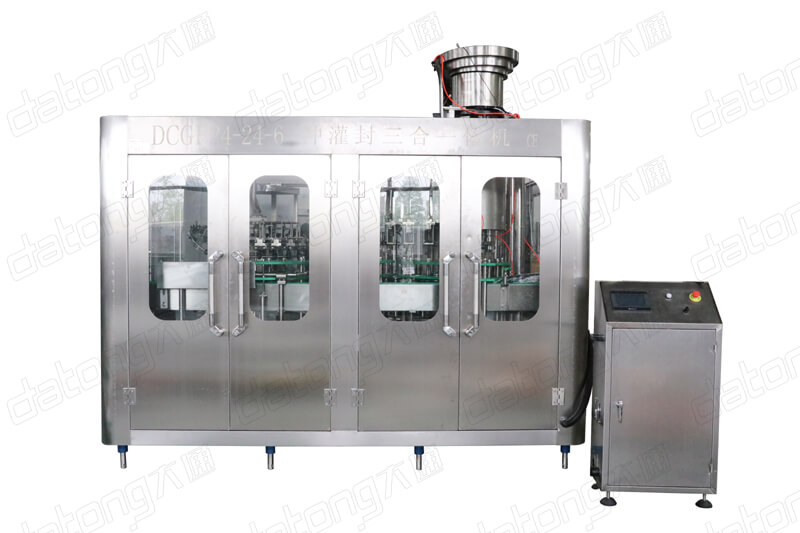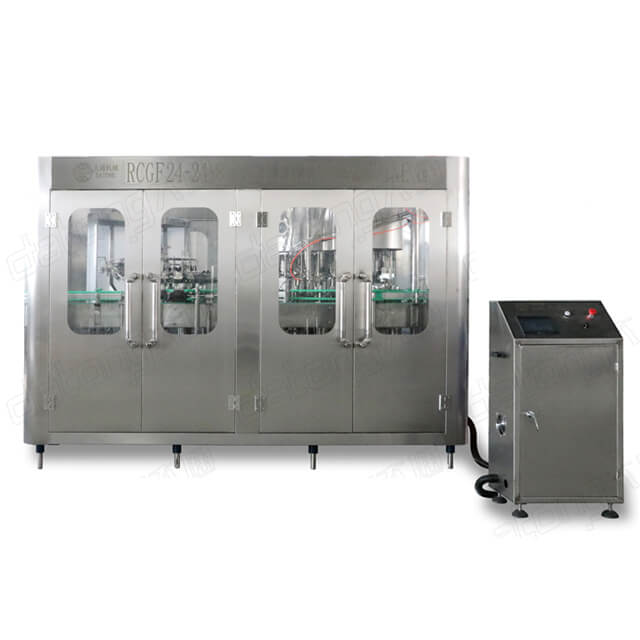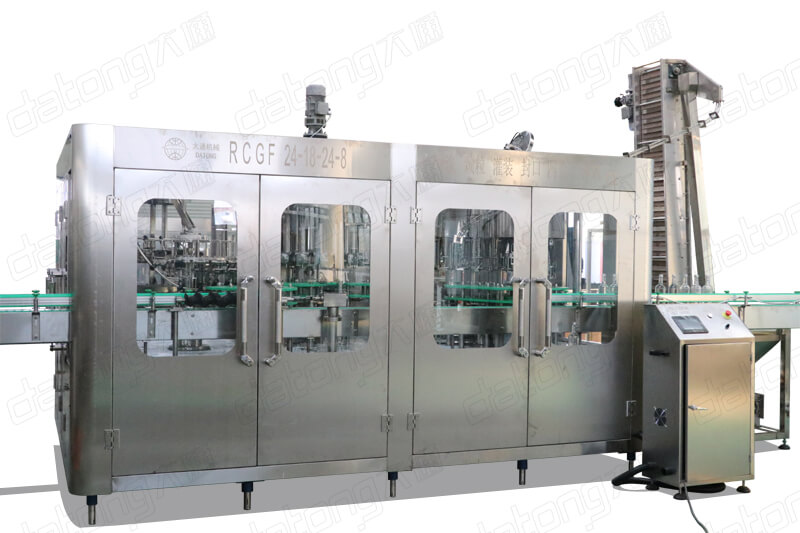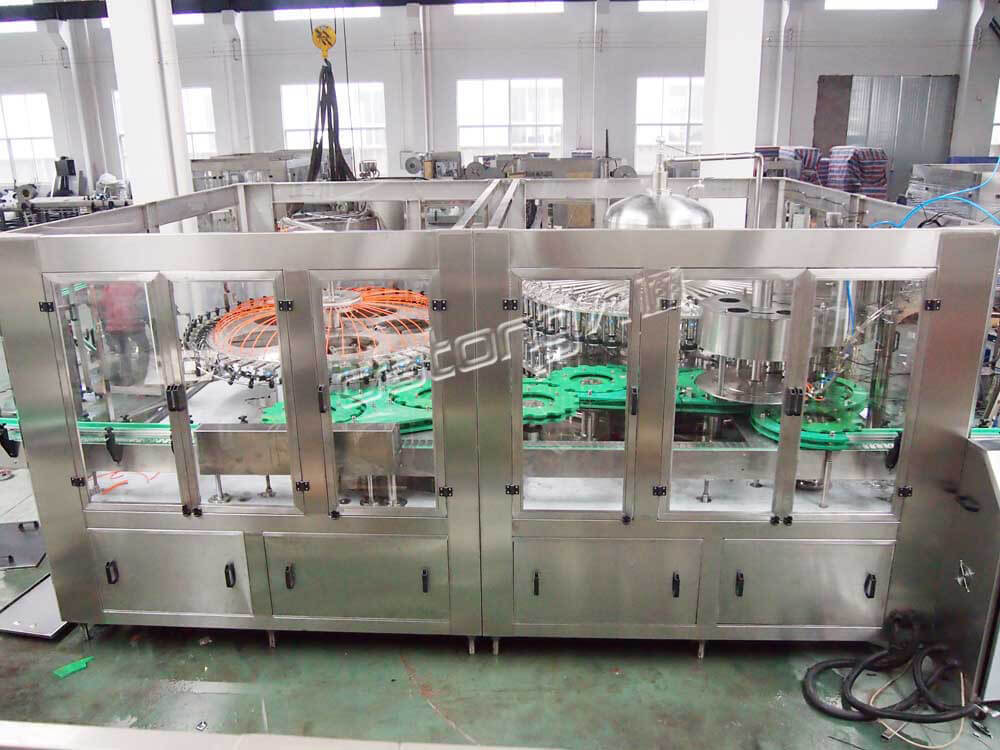Five Trends for Future Non-Alcoholic Beverages
Views: 818
Author: Site Editor
Publish Time: 2020-01-20
Origin: Site
Consumers' attention to the environment and their own health are two important factors that determine the future of the beverage industry in 2019. Among them, Datong – as one of the best china carbonated soft drinks filling machine suppliers, which is one of the key forces driving future trends. A UCL survey found that 36% of young people aged 16 to 24 who are receiving full-time education are quitting alcohol. To keep up with this cultural shift today, beverage companies must innovate products. Alcohol-free beverages are not enough. They must also be consistent with health and sustainable development trends.
With that in mind, let's look at four major trends in non-alcoholic beverages.
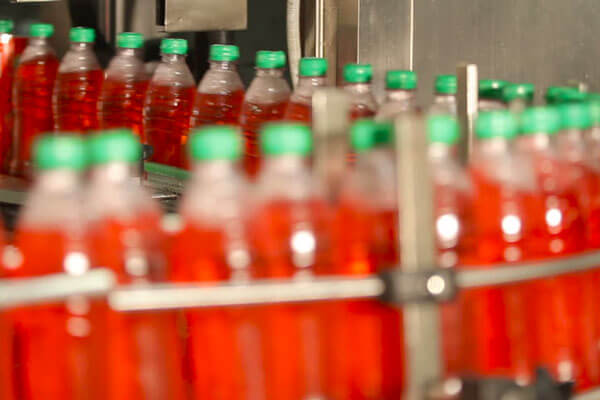
Functional
The beverage industry has recently emerged with some new functional products that can meet more people's needs, from decompression agents to the immune system to beauty. For today's consumers, simply hydration can no longer satisfy them. We can see collagen in many new ready-to-drink beverage products, such as Protein Water Co and Vital Proteins. Some big brand beverage companies, such as Coca-Cola, have also followed this trend, introducing vitamin water series and a new energy drink combining caffeine, guarana extract and vitamin B. They make use of beverage filling equipment to complete mass production to meet vast market requirements.
Personalization
The demands of millennials in terms of health and convenience are becoming increasingly complex, so more and more brands need to create personalized experiences for consumers through "private bespoke" in order to cater to consumers. This trend is gradually becoming a major trend in the industry. Beverage brand companies that want to go beyond the unique experience of the product itself need to improve their competitiveness through innovation. Many companies are responding to this trend by offering plant-based beverages. PepsiCo has launched a hydration platform that can be completely customized according to consumers' needs for beverage selection and personalization. Users can set hydration goals through mobile phone applications and make their own beverages.
Non-alcoholic wine
IWSR data show that alcohol consumption fell by 1.5% in 2018, indicating that consumers are actively choosing to reduce alcohol consumption, which has opened the market for those non-alcoholic alternative beverages. As a result, this category has moved beyond soft drinks and orange juice as another option for these consumers when socializing with friends. Health-conscious consumers are one of the main goals in this category, and many brands want to use this lifestyle trend to open larger markets. From Belloni to Heineken, beer with 0.0% alcohol content appears everywhere.
Environmentally friendly beverage packaging
Sustainability is one of the key issues currently affecting the broad food and beverage industry and other fields, and this will be a long-term trend, as consumers today are becoming more aware of people ’s impact on the environment and are actively seeking to change the status quo. method. Reducing plastic waste has always been an important component of the sustainable development goals of beverage companies. For example, The Coca-Cola Company recently produced carbonated soft drink packaging made of 100% recyclable plastic. This puts forward higher manufacturing requirement in glass bottle juice filling machine manufacturers. Consumers become more cautious about the number of plastic bottles they buy, the market for canned beverages is also growing. It is estimated that from 2018 to 2022, the annual compound growth rate of the canned beverage market will reach 3.19%.




